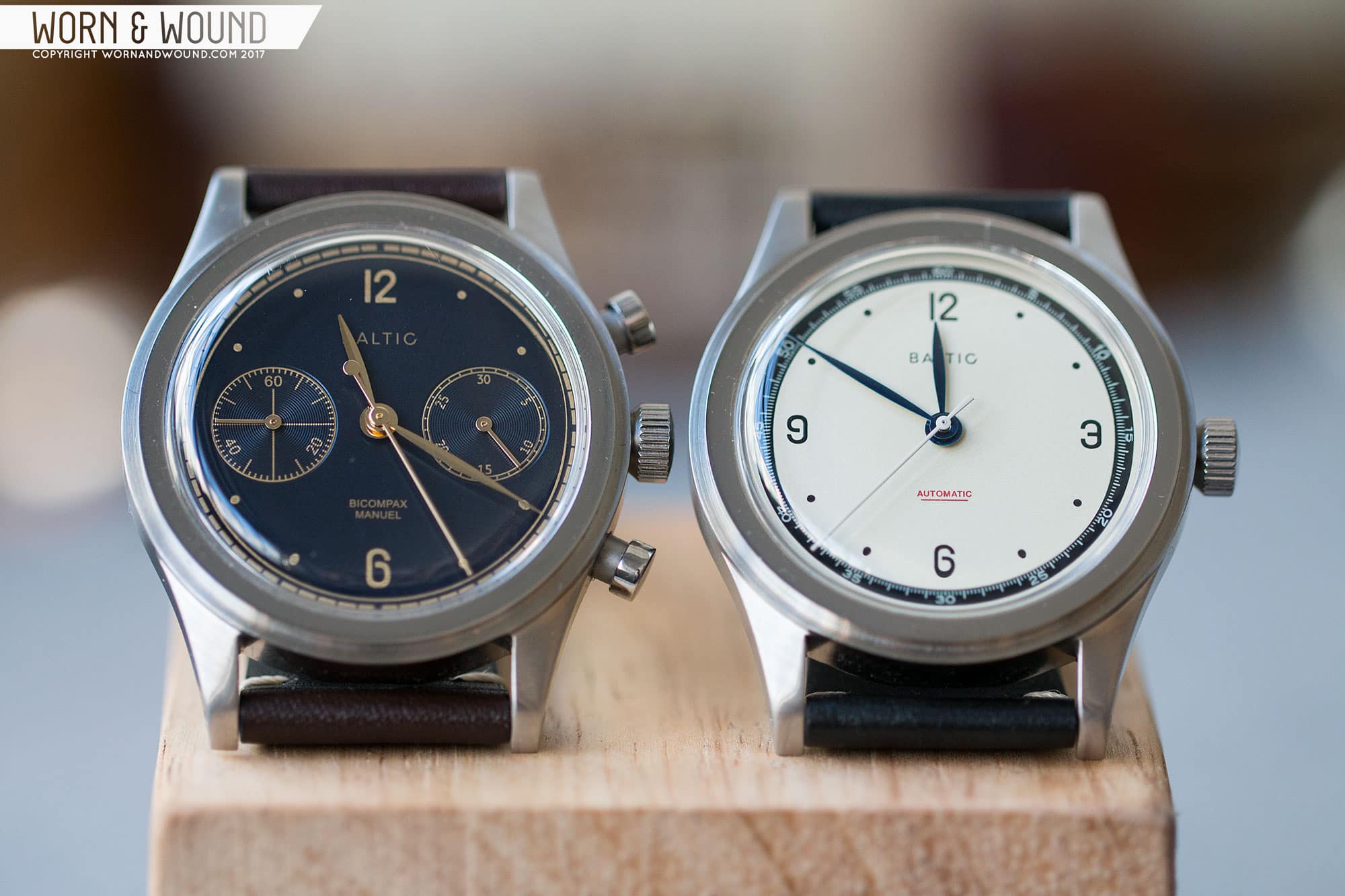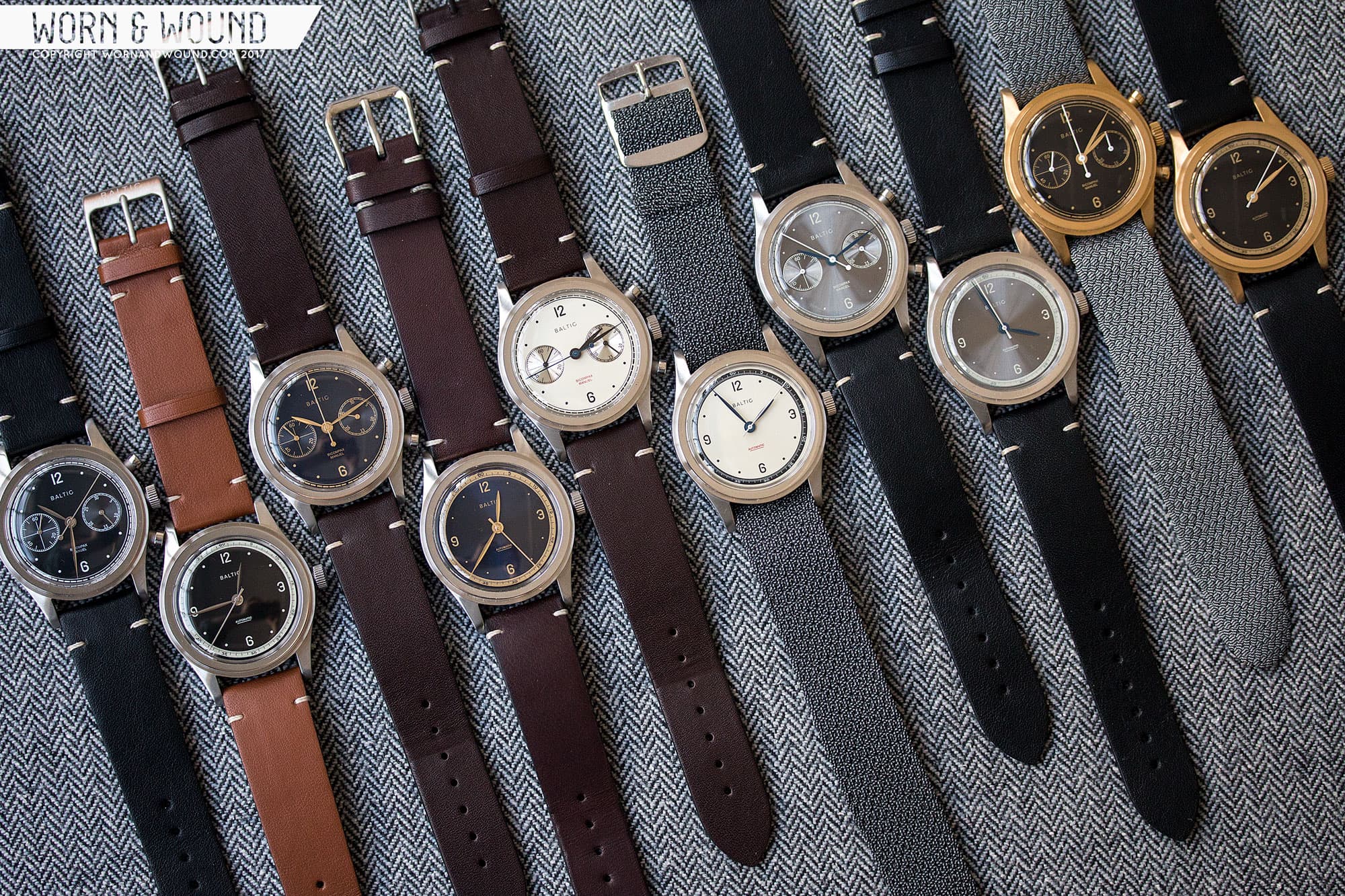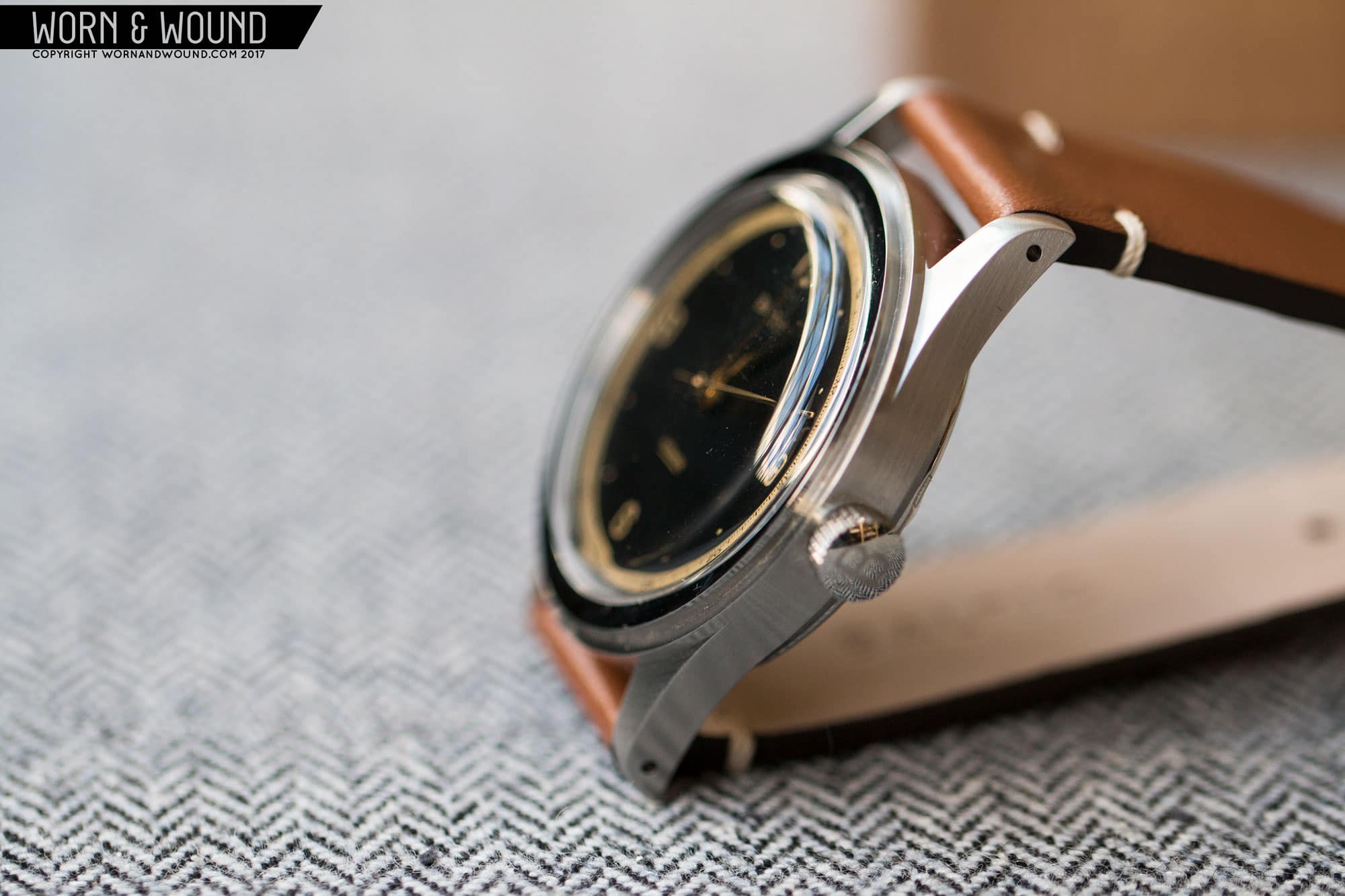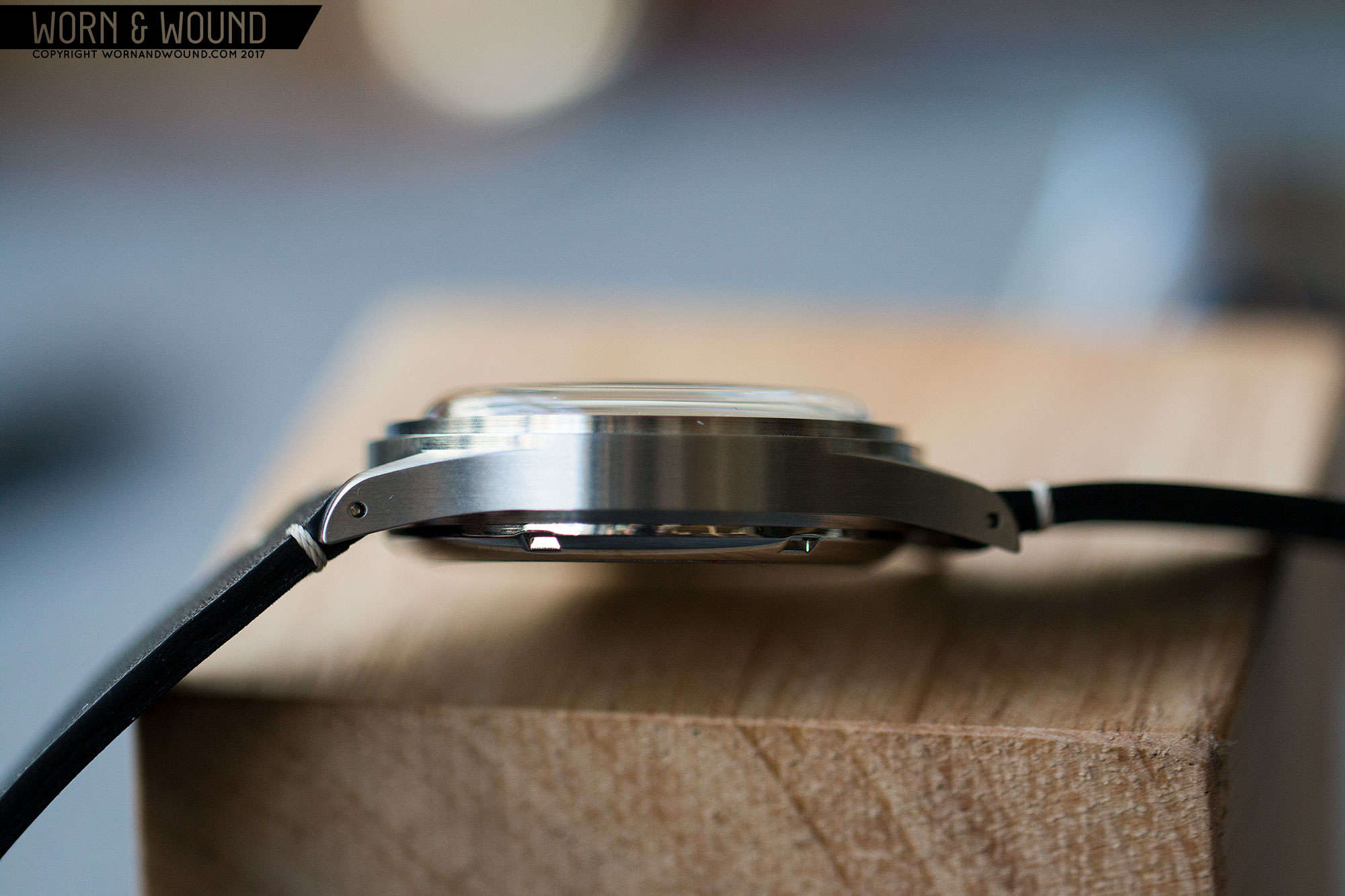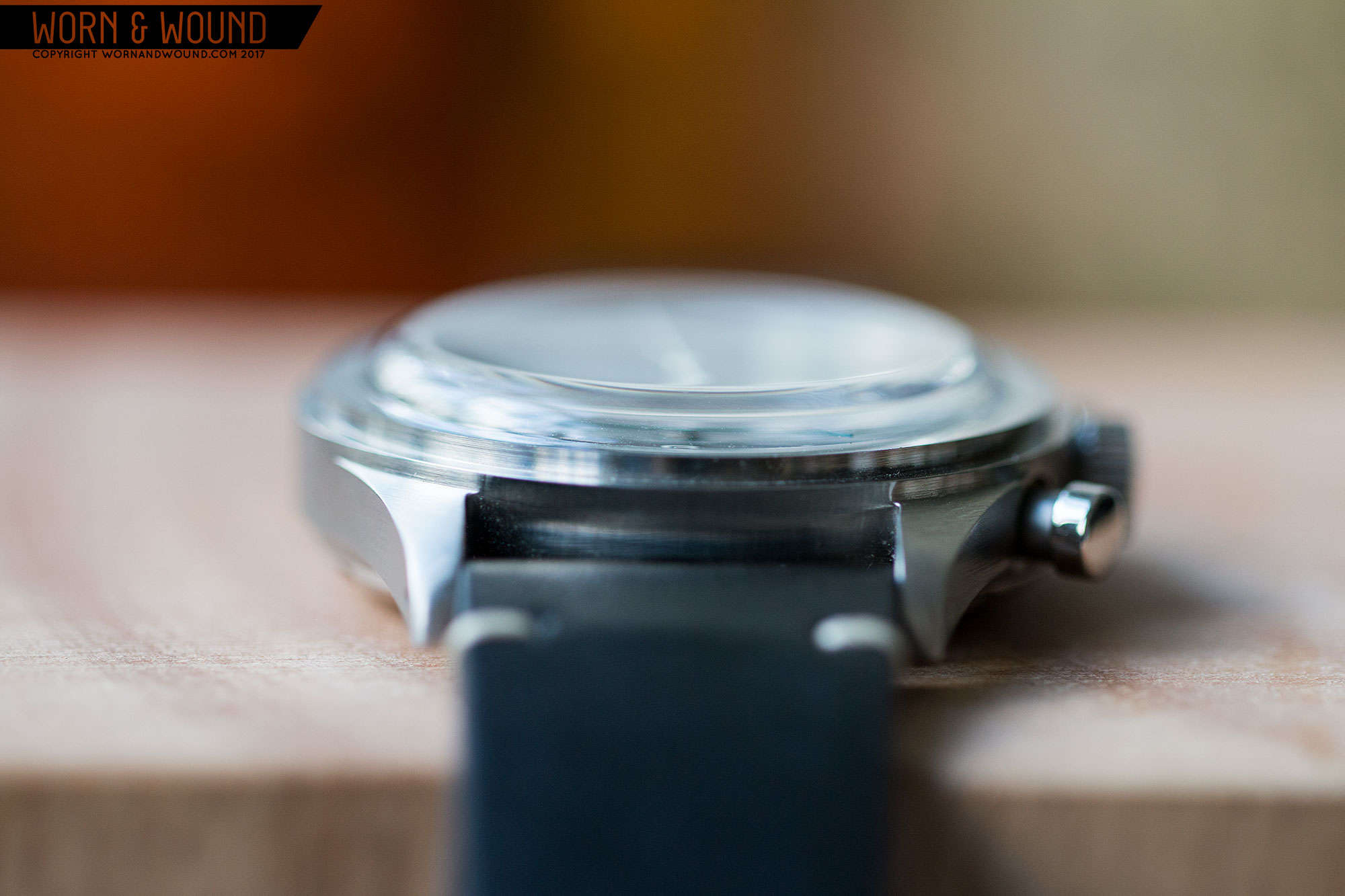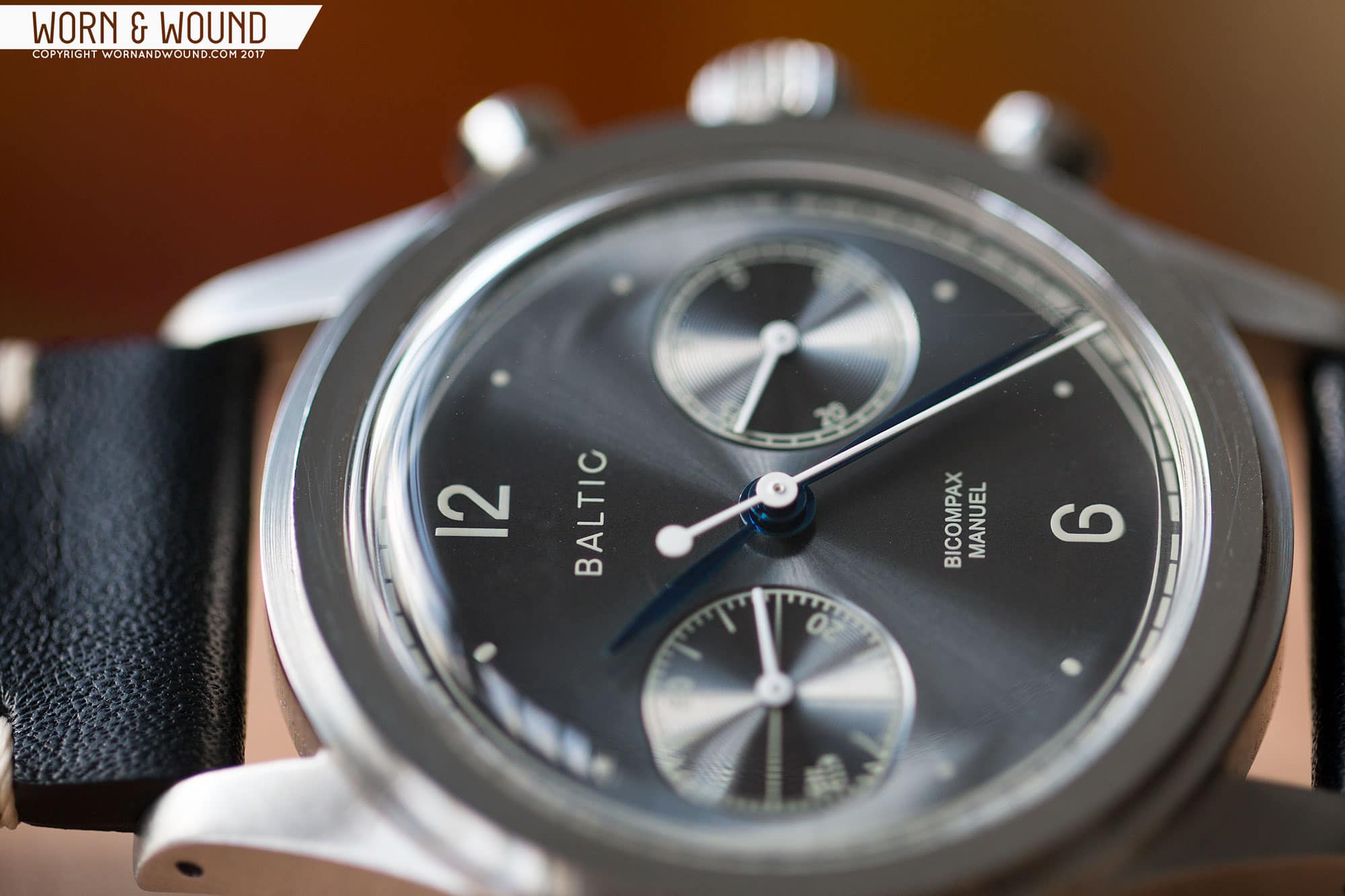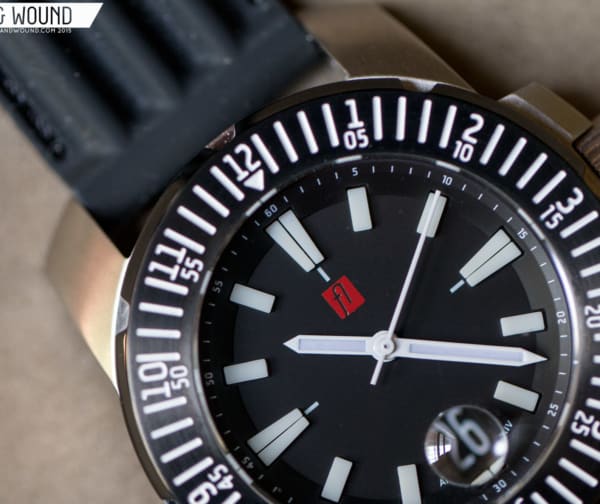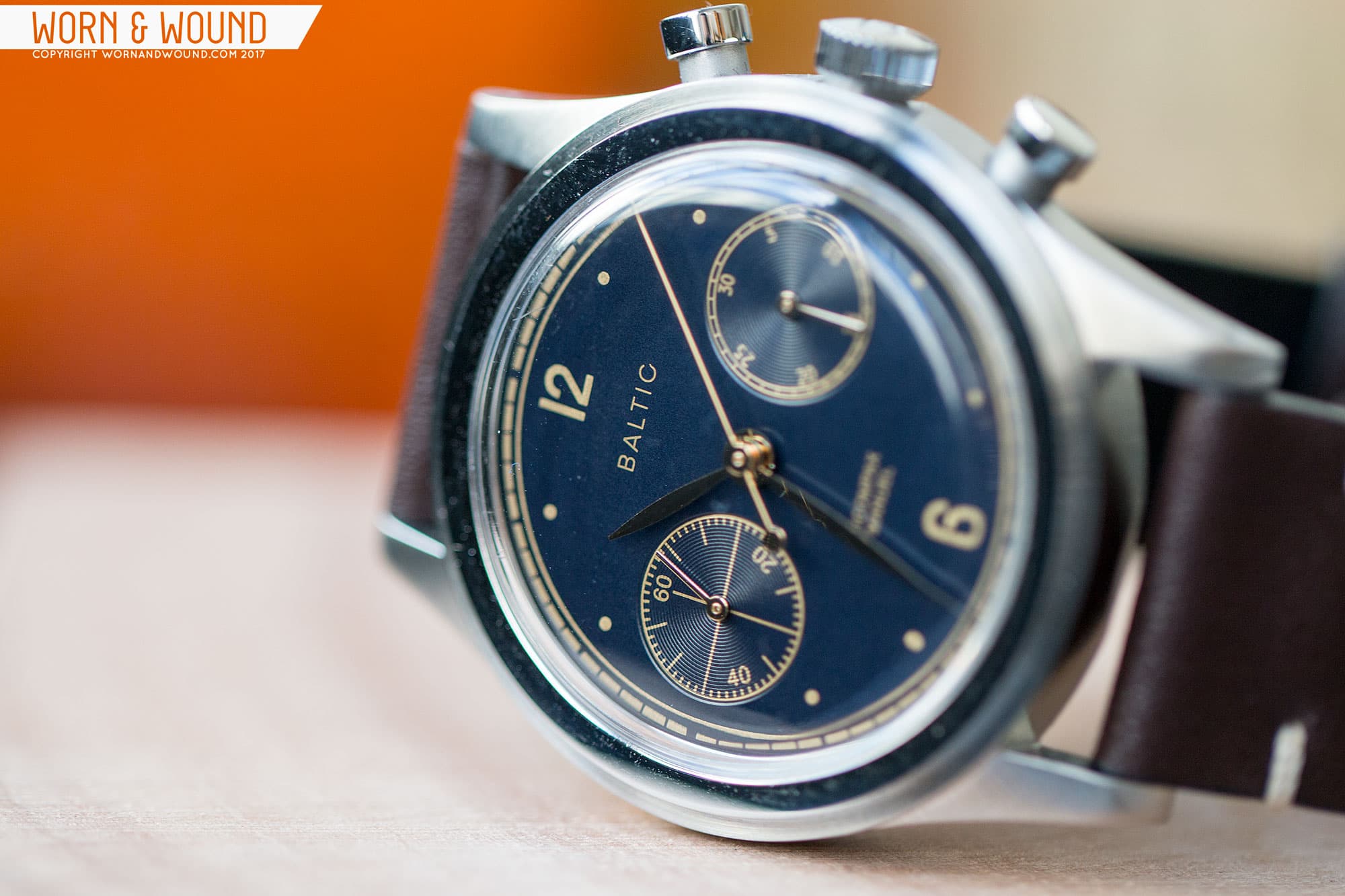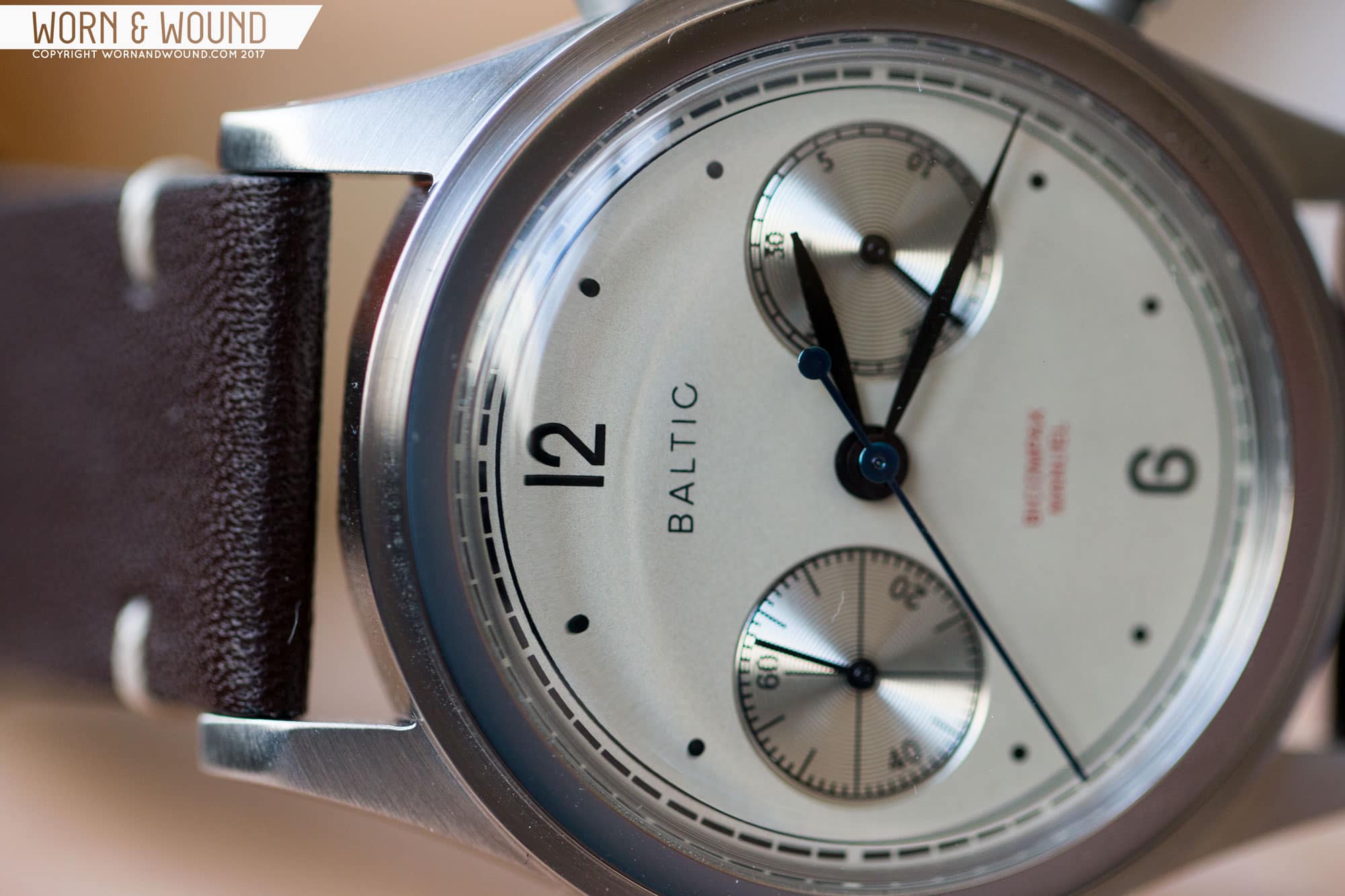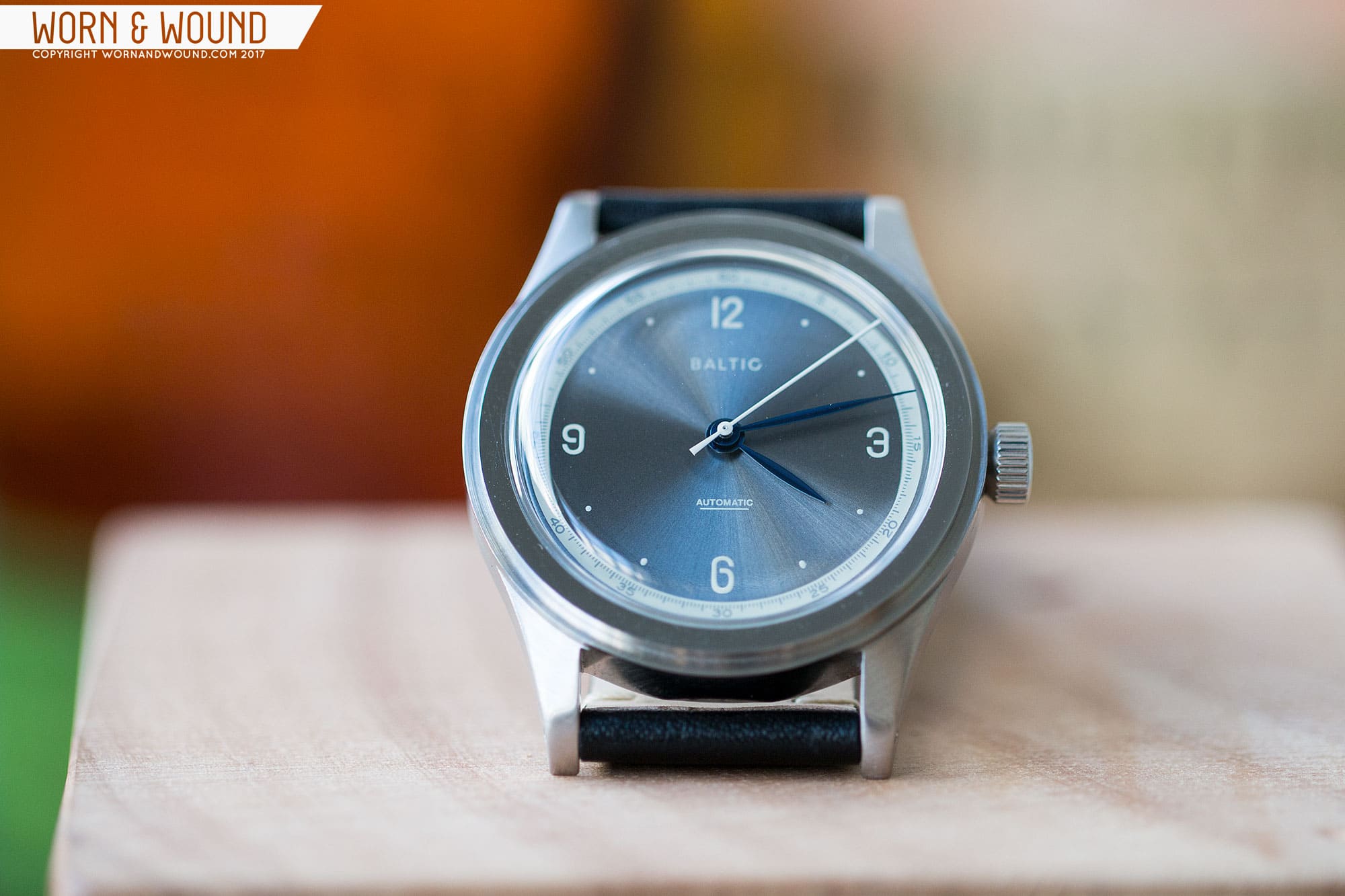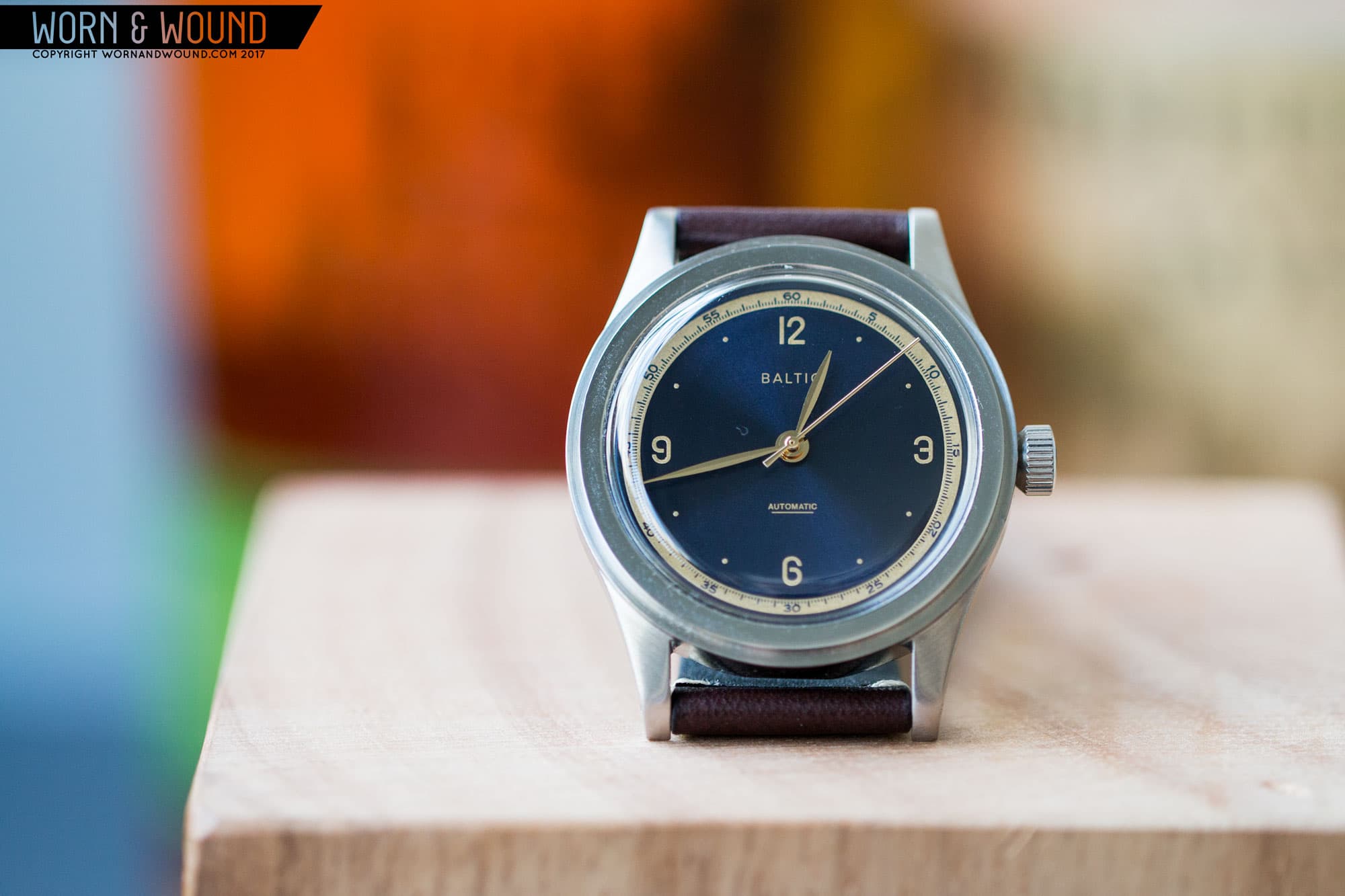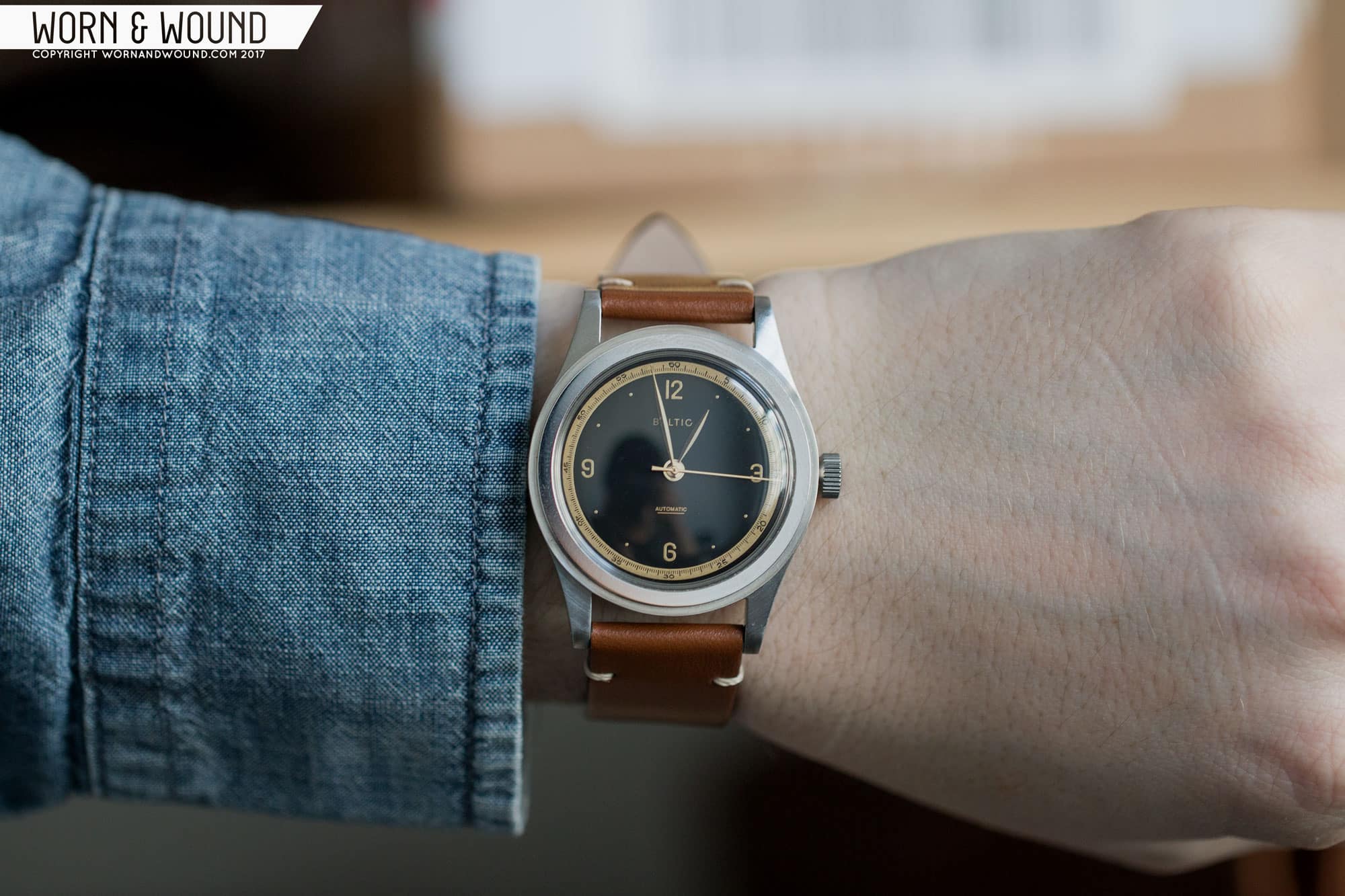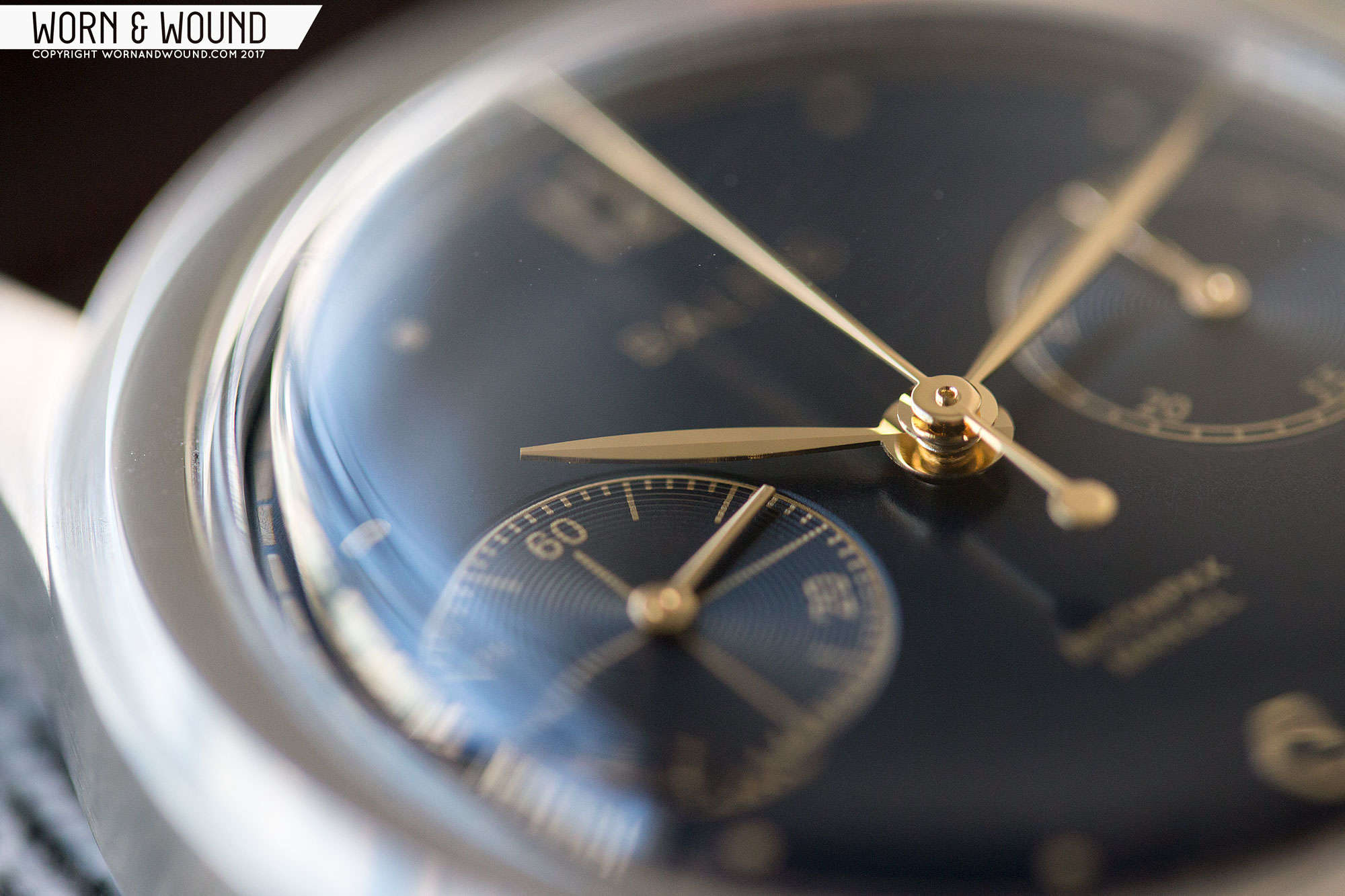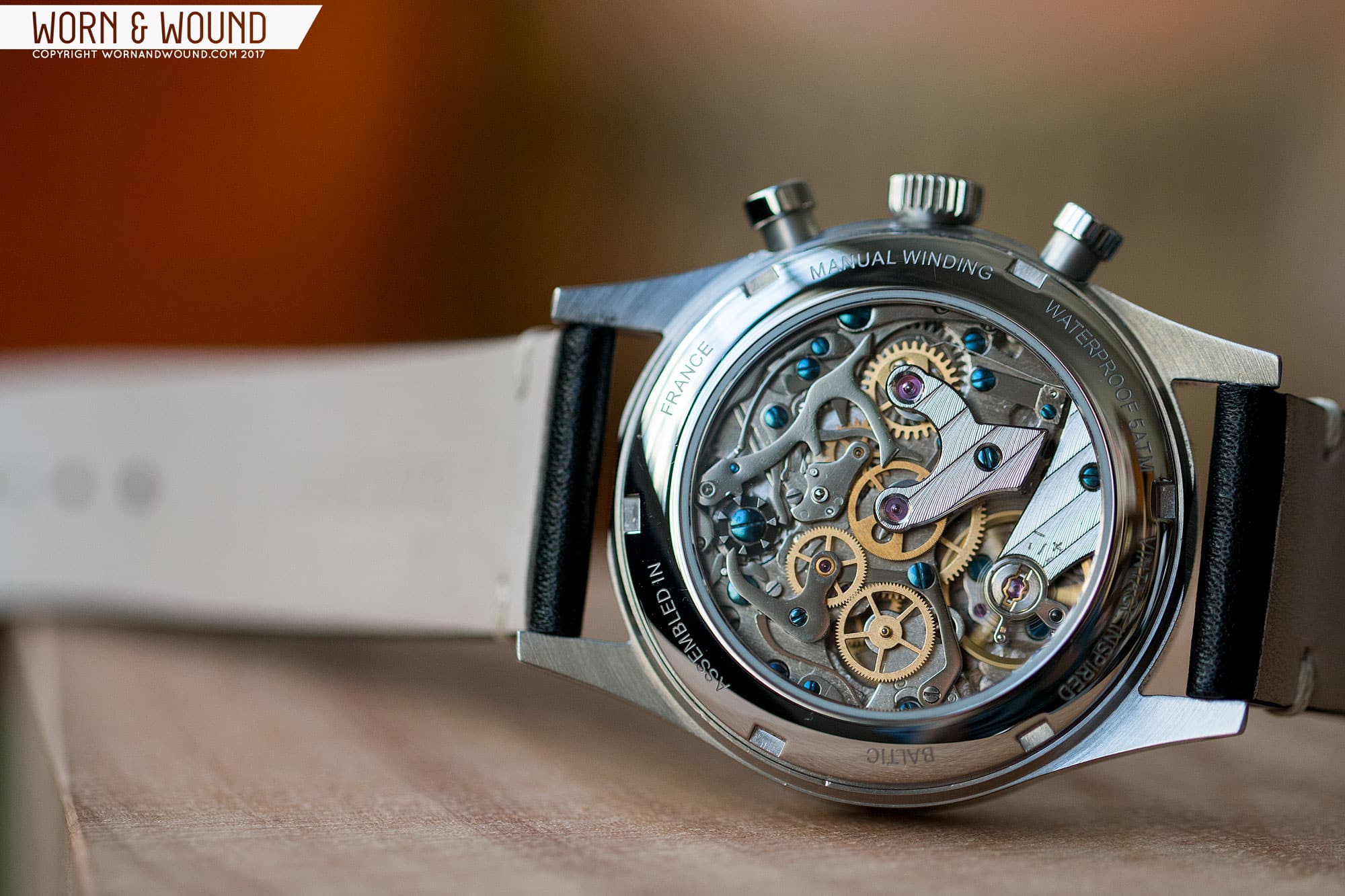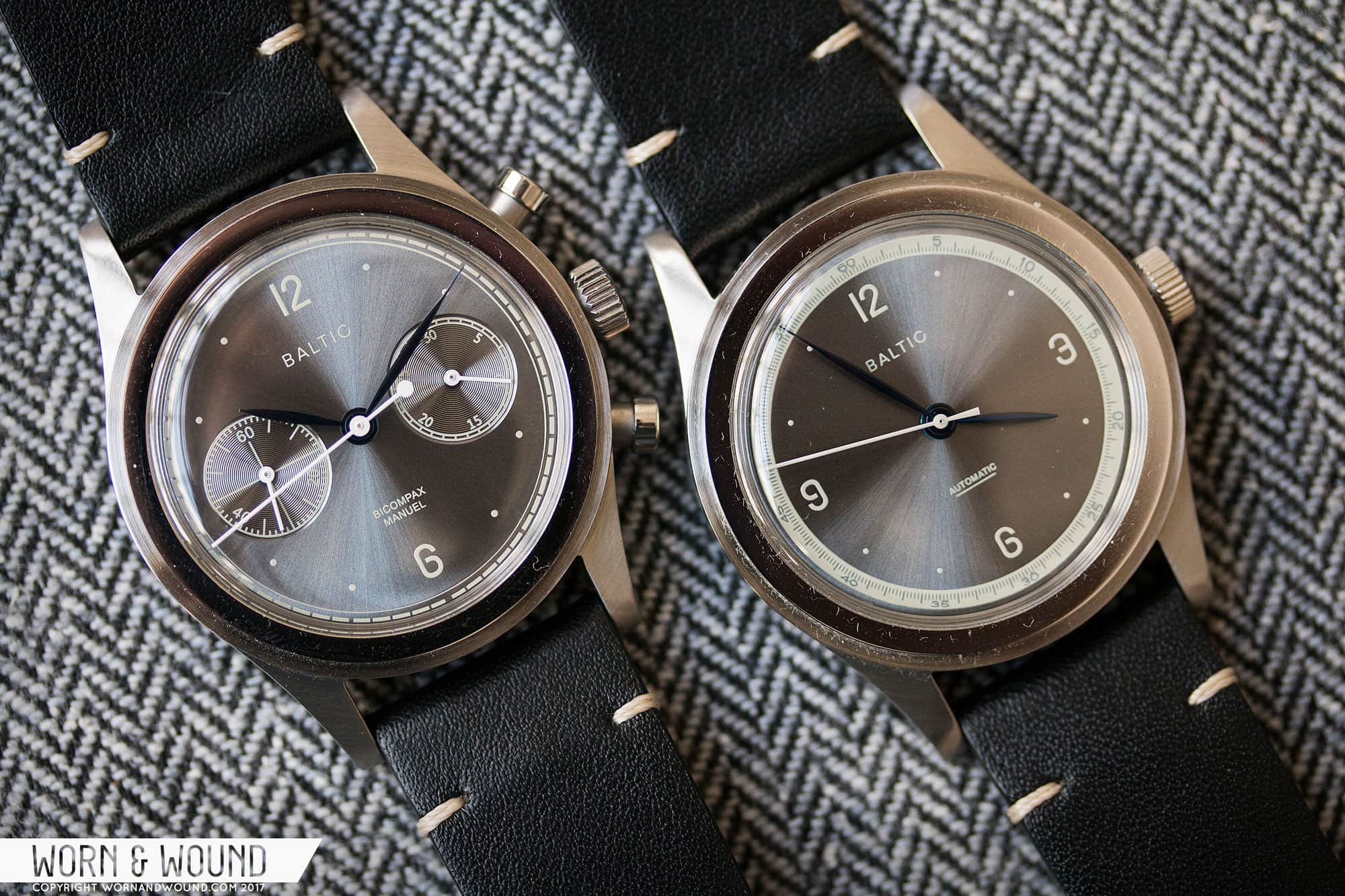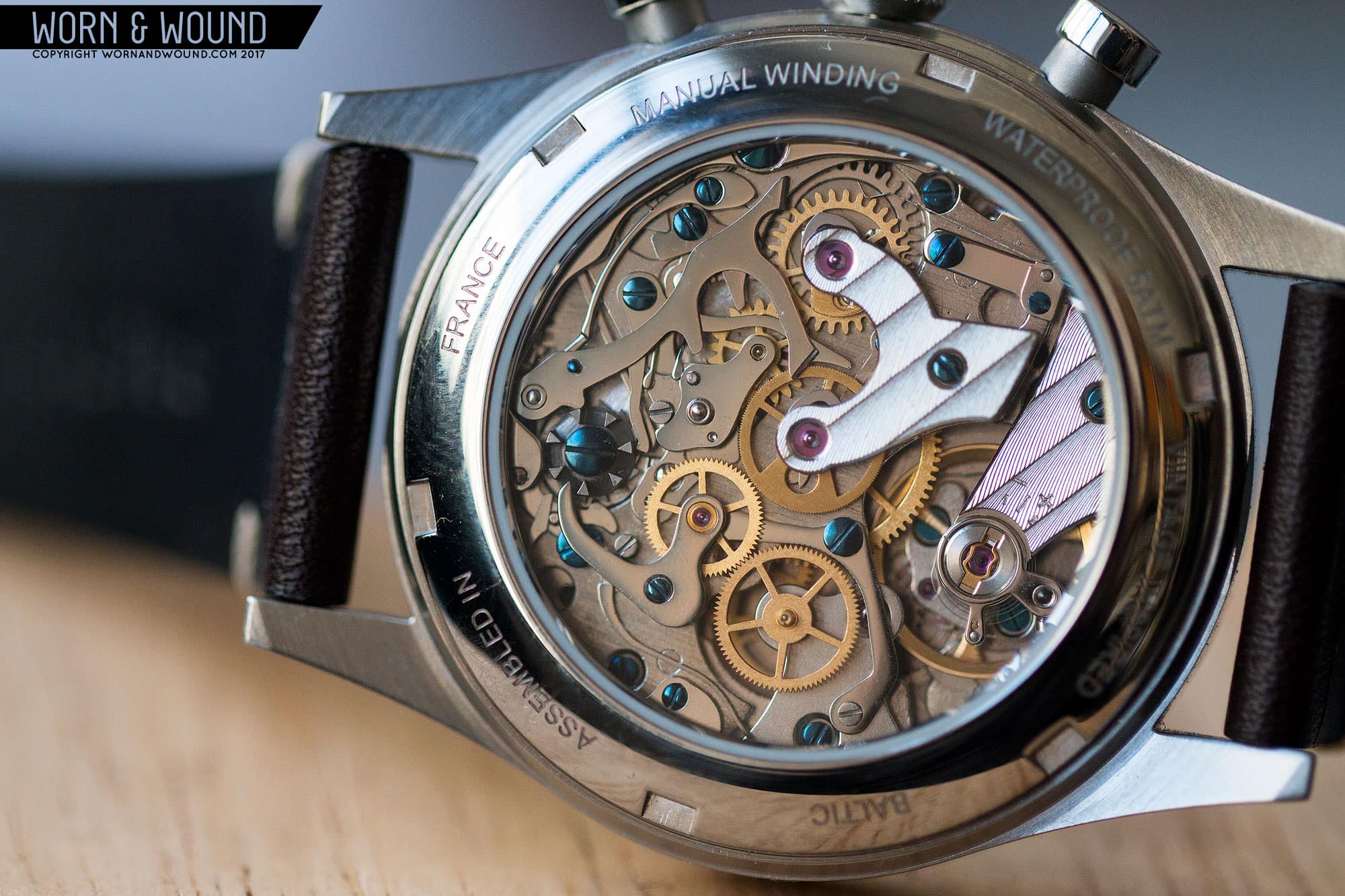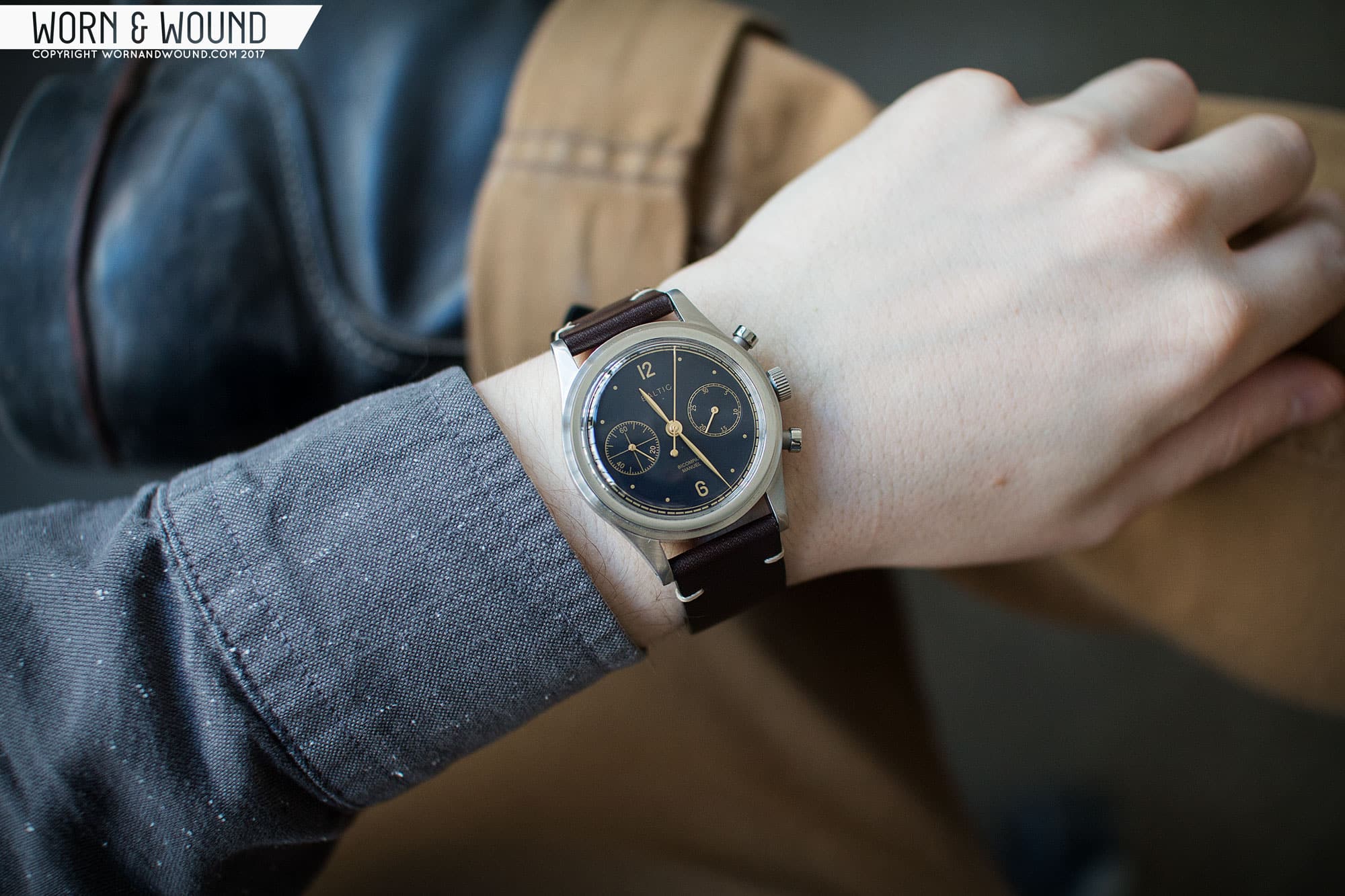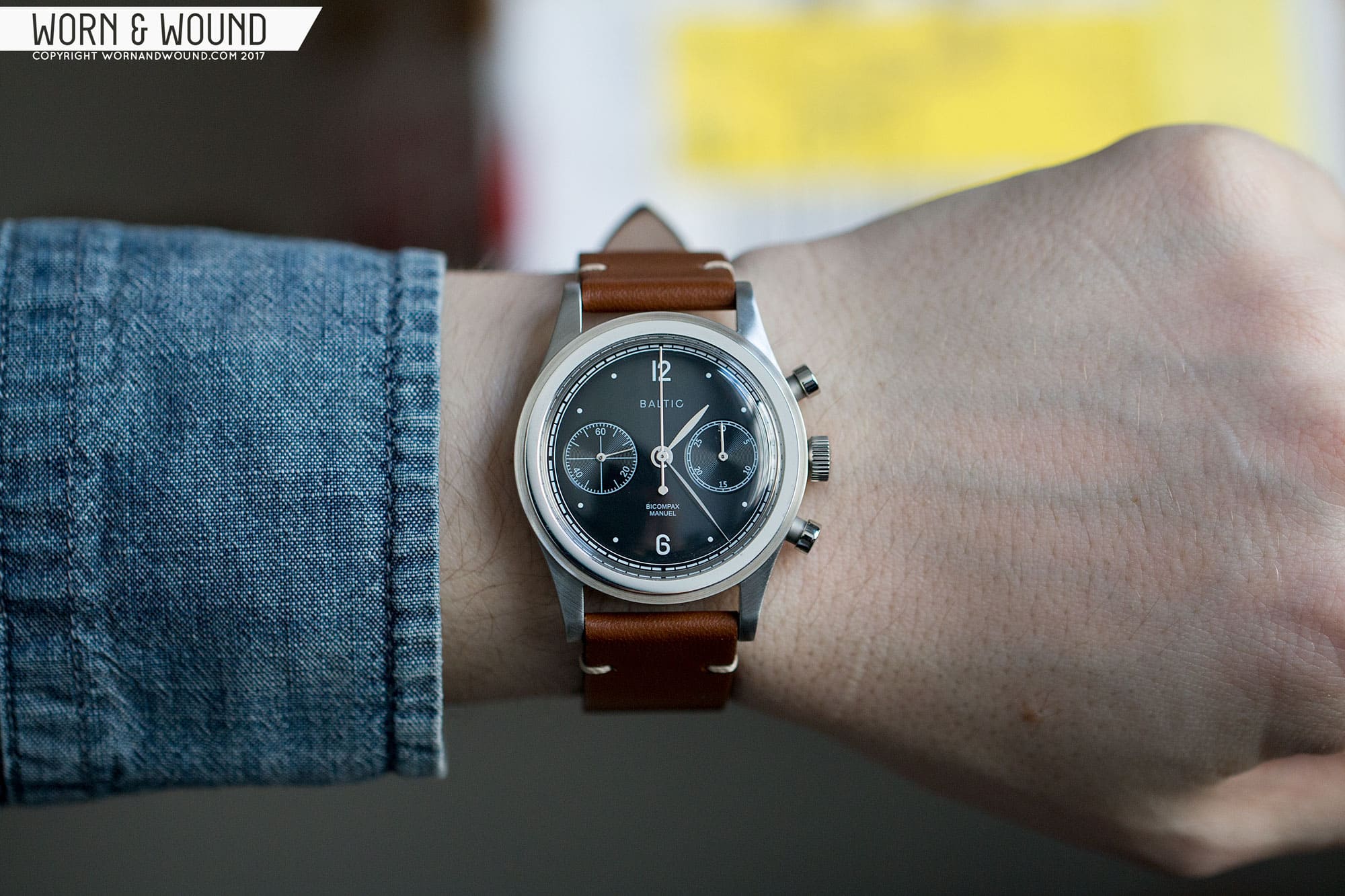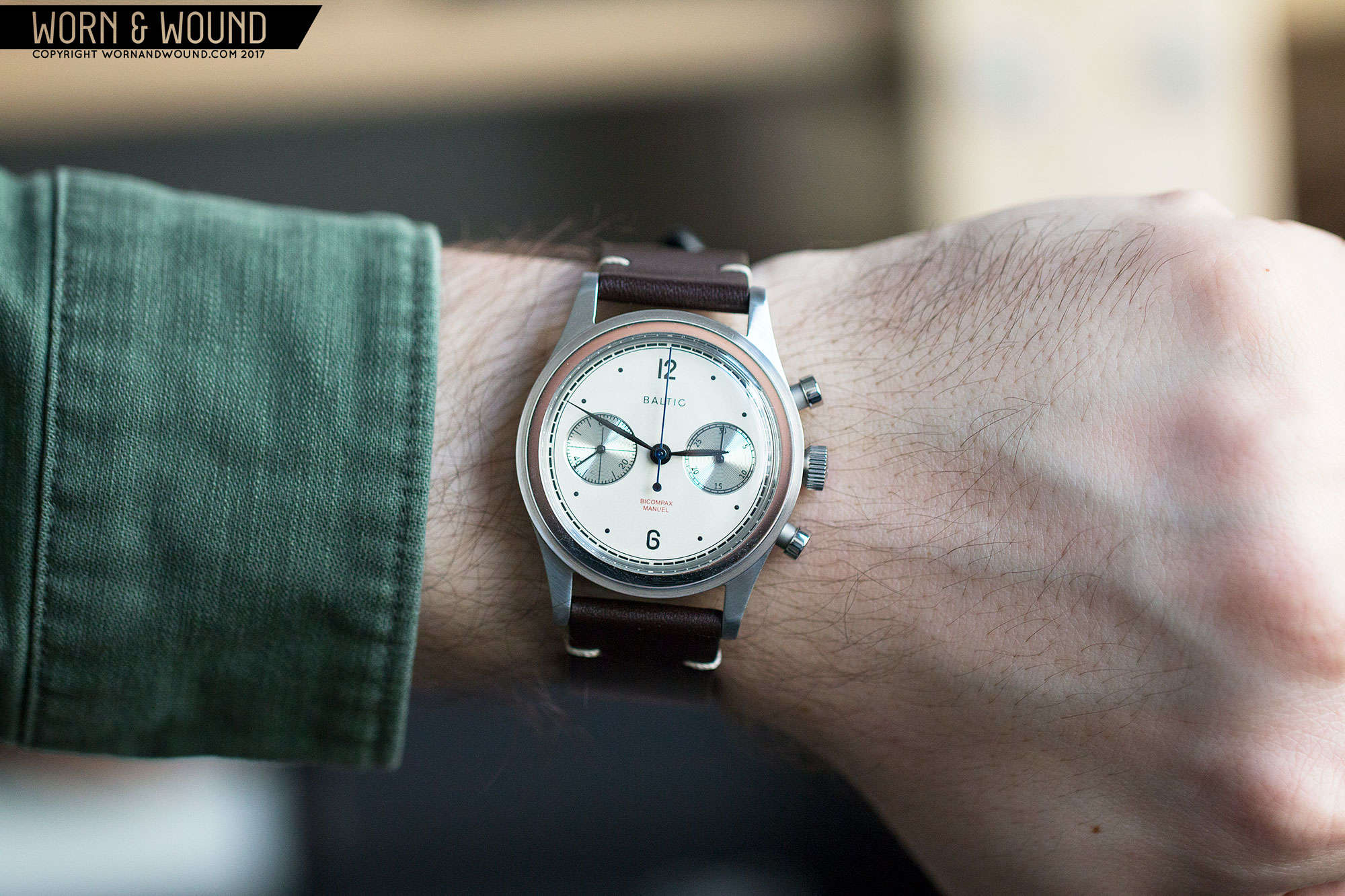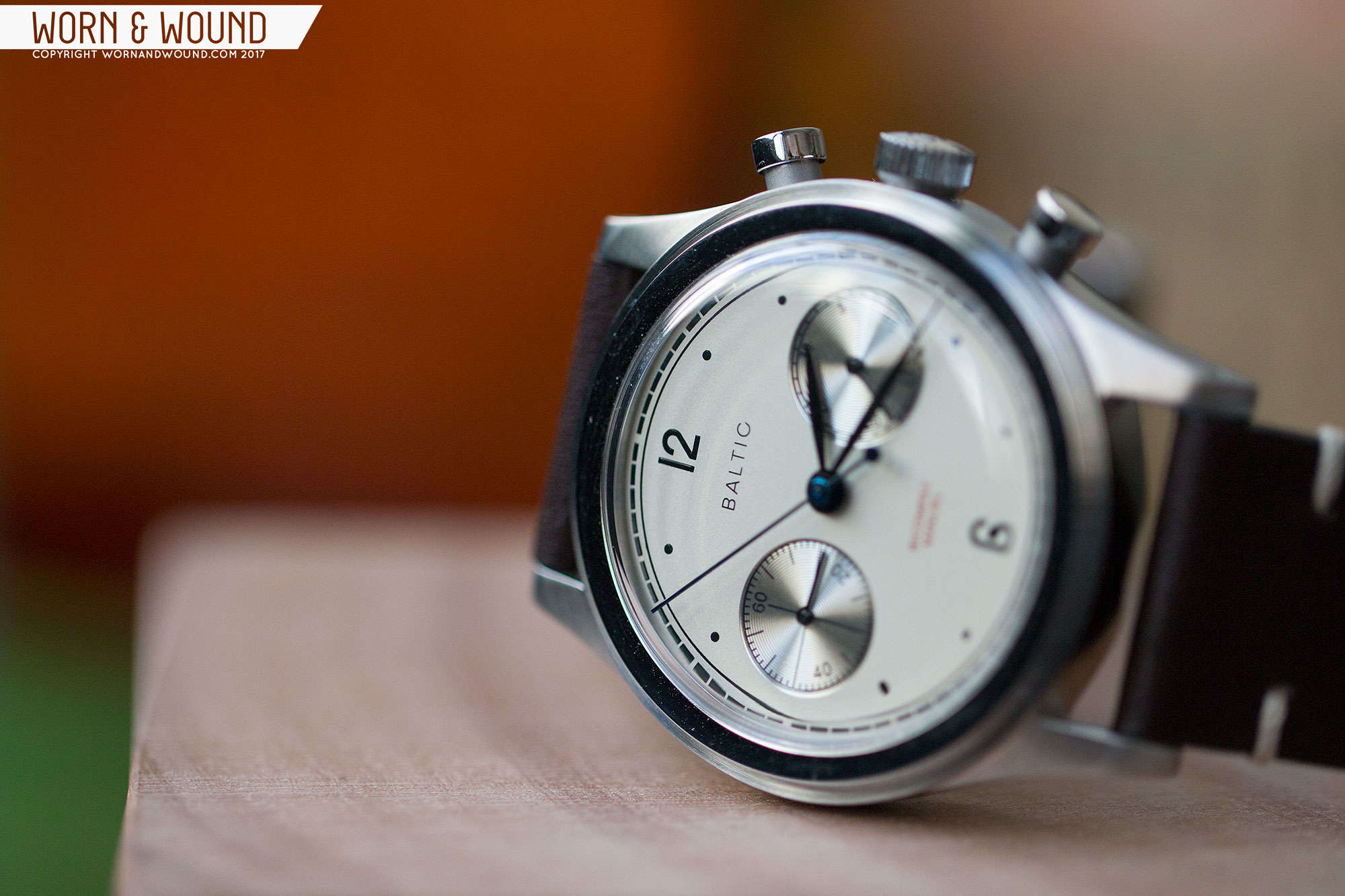It’s a funny thing. With all of the vintage reissues and throwbacks coming out, some just get it right while others, not so much. Sometimes it’s a matter of faithfulness, other times it’s simply proportions. Often, everything gets really close, save one gnawing detail, like a bit too much text or an obtrusive date window. Regardless, one thing that is always true is that when they work, people know it immediately, and the brand and watch get celebrated by all. Such is the case with newcomer Baltic, who just launched their first watches via Kickstarter.
Based in France, Baltic was founded by Etienne Malec who inherited a fascination with, and a collection of, watches from his father. A collector before collecting was cool, Etienne’s father extensively recorded his watches in a journal, keeping track of every one that passed through, with price paid, price for selling, what he traded it for, etc. Perhaps something we take for these days with Instagram and forum posts that never go away, this sort of tracking really gave Etienne an insight into these watches in the day they were collected.
Inspired by the timeless simplicity found in some of these pieces, particularly from the ‘40s, Baltic created two classically clean and restrained mechanical watches. One is a three-hand automatic (the HMS 001), powered by the Miyota 821A. The other is a hand-wound chronograph (the Bicompax 001), featuring the Seagull ST19. The watches will be made in China, but in a move to both differentiate the brand and create a higher quality product, all assembly and QC will take place in France by an established watchmaking group. Both are priced under $1,000 and are available in six different styles.
To hear about Baltic in Etienne’s own words, check out Episode 6 of The worn&wound Podcast.
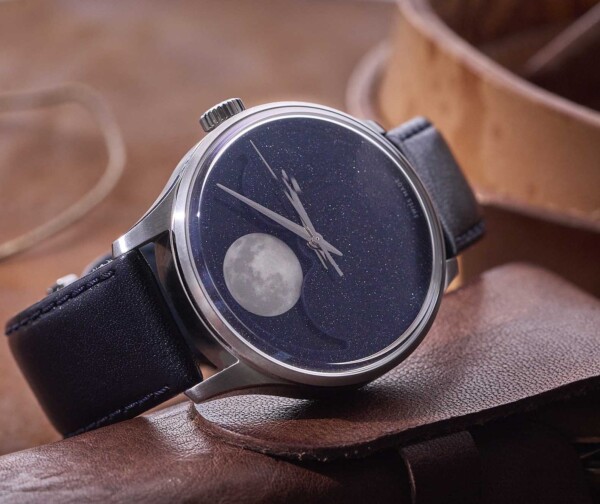


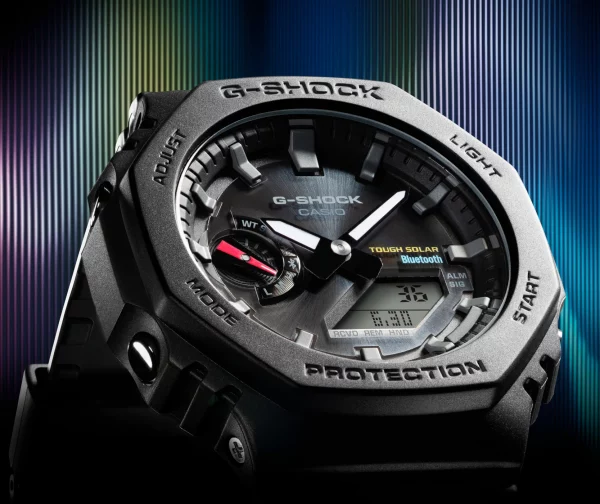
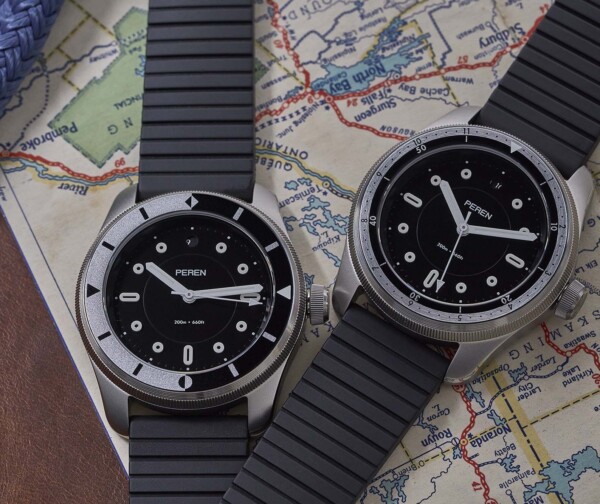

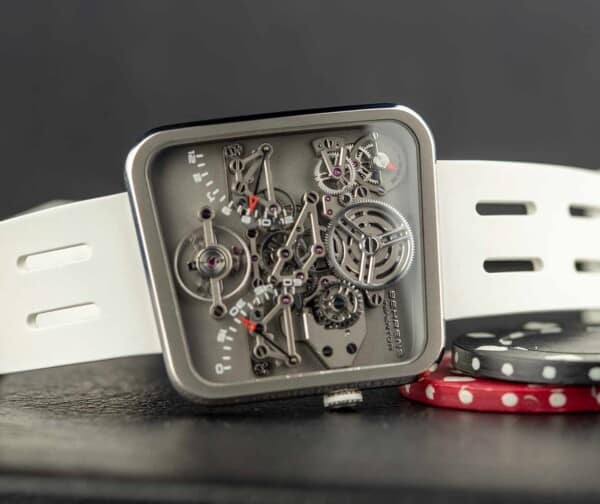


 Featured Videos
Featured Videos




